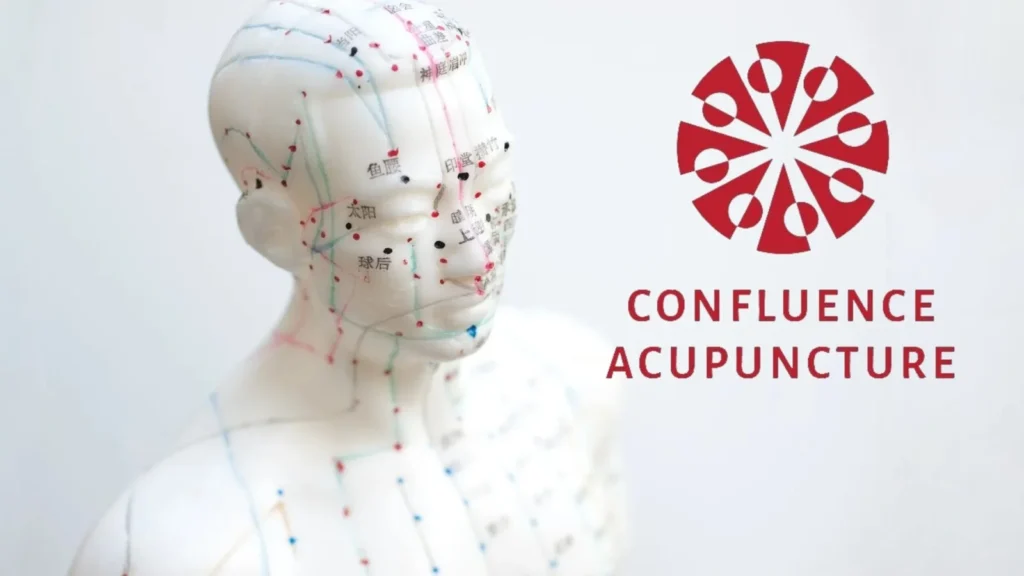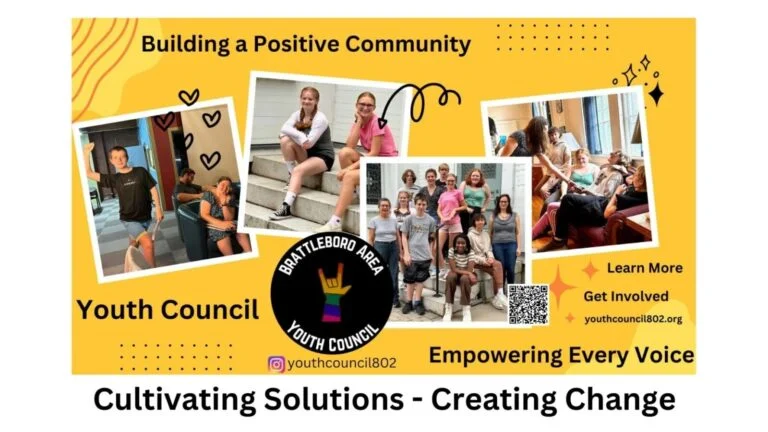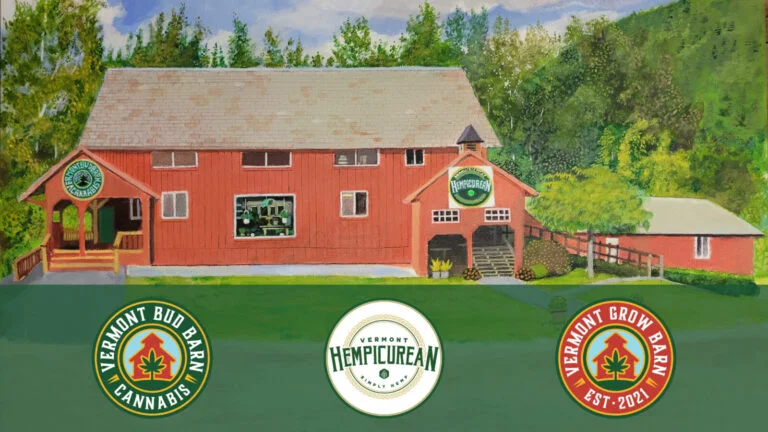‘Constitution Wrangler’ Meg Mott, PhD, continues her exploration of how the Constitution is designed to make the United States a more perfect union. Wednesday, September 17th is ‘Constitution Day’. Join us at Brooks Memorial Library, to commemorate the 238th anniversary of its signing.
The question up for discussion is, “What the Constitution Means for Us – a variation on Heidi Schreck’s one-woman show, “What the Constitution Means To Me.” Schreck weighs and considers the benefits of the Constitution, leaving the final decision to the audience with a show of hands. In Mott’s presentation, the audience will consider the guardrails and fault lines in our Constitution and then consider possible amendments.
Debates about the effectiveness of the Constitution are not new. In the 1850s, abolitionist William Lloyd Garrison cursed the Constitution as an “agreement with Hell.” The entire structure, said Garrison, privileges the property rights of slaveholders over the natural rights of human beings. But other abolitionists disagreed. Frederick Douglass saw the Constitution as “innocent.” It was the actions of “wicked men” that distorted the real meaning of its words. If people were to actually read the Constitution, he argued, they would see how it gives ordinary people a way to stop tyranny.
“Douglass was very taken with the Preamble,” says Mott. “The purpose of our government is to serve the people in very specific ways: to establish Justice, insure domestic Tranquility, provide for the common defence, promote the general Welfare, and secure the Blessings of Liberty. We won’t agree on how to achieve those ends but that’s the beauty of a federalist republic. It gives us lots of opportunities to disagree better.
Meg Mott a former political theory professor at the former Marlboro College in Vermont & at Emerson College in Boston. She currently serves as the Putney Town Meeting moderator.
This talk is part of the America 250 program “American Identity and Leadership in a Changing World,” a collaboration of Brooks Memorial Library, Windham World Affairs Council and Vermont Independent Media (publisher of The Commons), with support from the Vermont Humanities Council.





